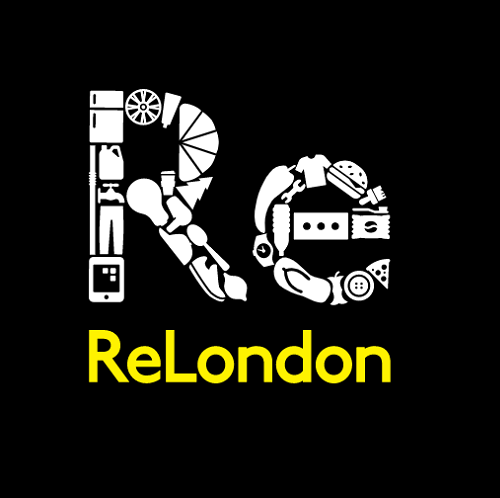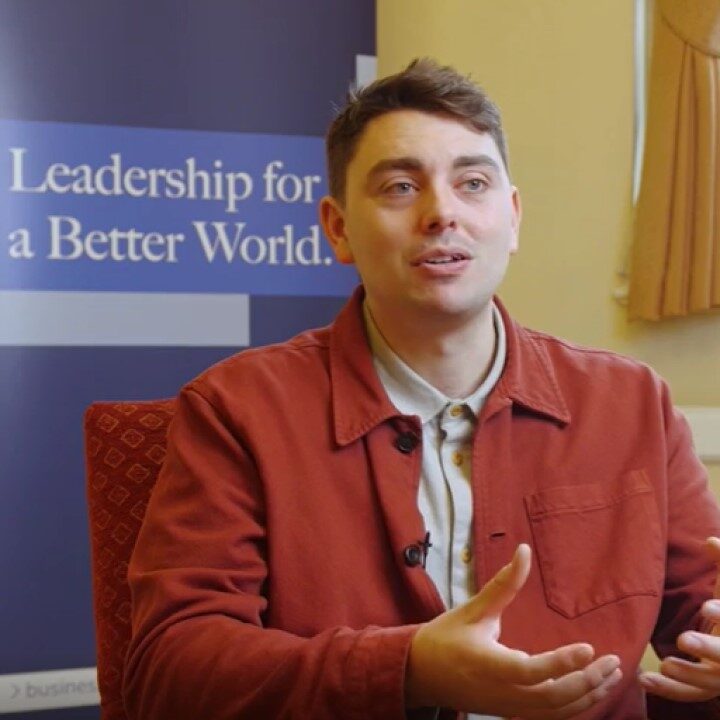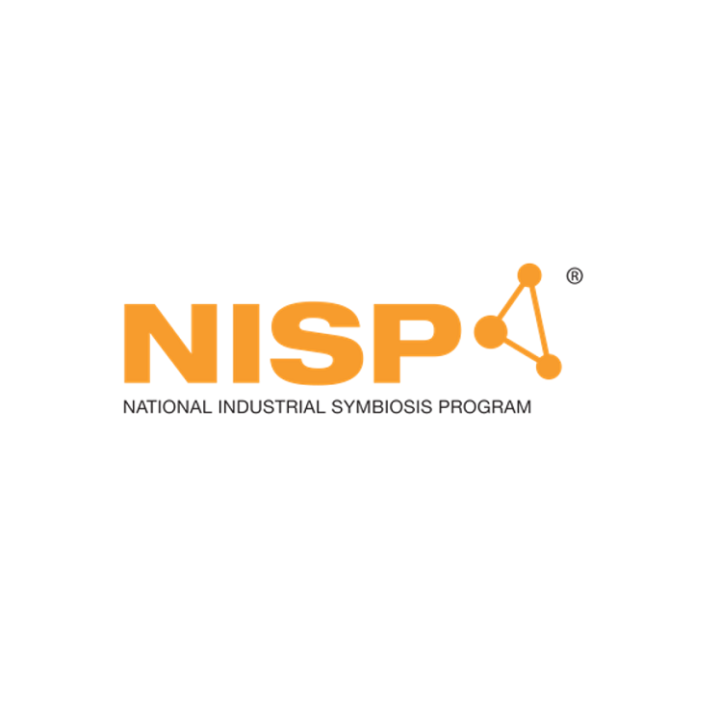Case study: Circular & Co
2022, CE-Hub Team
Sector Focus: Product Design
Approach, activities & rationale:
Billions of cups of take-away hot beverages are sold each year, most of which are sold in single-use cups. Because the cardboard cup is coated with a plastic layer, disposable paper coffee cups are generally non-recyclable, making it difficult to separate these components throughout the recycling process. Even if they are free from plastic, most refuse collection businesses regard them as contaminated waste. Coffee is a food stain, not a contaminant, and should not cause any technical issues in mainstream cardboard recycling. However, the perceived quality is not worth the risk for businesses, especially when compared to the large amounts of high-quality cardboard they receive from outer cardboard packaging.
In 2003, Dan Dicker founded Circular&Co., a business centered around manufacturing circular products and collaborating with a network of industry professionals to achieve true circular solutions. The aim of Circular&Co was to encourage individuals, communities, and businesses to shift their consumption habits and prioritize circular design.
Circular&Co’s ‘Circular Travel Cup’ is produced from discarded paper coffee cups collected from coffee shops, supermarkets, and other locations. The cup has a one-handed push-and-click top that can be opened. Additionally, the 360-degree lid allows users to sip or pour coffee from any side, making drinking simpler and safer when driving or travelling. Single-use cups may be requirements in certain environments due to hygiene or convenience. As a result, single-use cup recycling initiatives are critical for both consumers and companies to lessen their environmental effect. These recycling initiatives should be considered alongside reusable coffee cups and biodegradable alternatives are waste-reduction possibilities.

The development of this ‘Circular Travel Cup’ came after the launch of a paper cup recycling initiative which had the goal of reducing the amount of waste generated by the millions of paper cups used in the UK each year. The initiative recognized that the problem of cup recycling could not be solved by a single organization and that, in order to achieve its goals, coordination across the supply chain was necessary. Understanding how to capture the material was a significant component of the company since segregating material at source is a critical feature of any good recycling strategy. Significant progress has been made highlighting the UK’s fastest growing waste stream to the attention of companies, the public, and the media. It has also attracted a rising number of well-known brands and businesses and is currently the leading voice in cup recycling.
The product design and business model incorporates several components of the circular economy concept. Firstly, the product incorporates materials recovered from discarded products. Secondly, the product is designed to be durable and last more than ten years. Products are designed for longevity and they provide support to repair them where possible. For example, the cups have a seal which is smooth on one side and stepped on the other and is designed to fit exactly on the inside corners of the lid. The company provides easy, free seal replacements if the seals are lost or broken. The material is free of harmful industrial chemicals and is 100 percent recyclable. Thirdly, discarded products are collected through take-back systems and reverse logistics. To ensure that they capture as many resources as possible, they have created a ‘Takeback Scheme’ to offer these materials a second use. A discount is provided to anyone who returns their product, and some items are eligible for a free component switch.
Leadership:
Former Dyson designer Dan Dicker and a team of recycling professionals created a new coffee cup with the goal of developing a superior and sustainable reusable cup, founding Circular&Co in 2003. communities, and businesses to shift their consumption habits and prioritize circular design. The firm continues its objective to provide value to waste by designing products lead by a more determined brand. The company’s founder is convinced that circular design will eliminate waste and pollution, and that it offers a genuine opportunity for practical change at a time when the world is in dire need of answers.
To hear Dan speak more about Circular&Co and his experience as an SME in Circular Economy, watch our SME Short Interview here: https://ce-hub.org/ce-stories/ce-showcase-sme-shorts-dan-dicker-circularco/
Challenges & enabling change:
Technology and design
In the manufacturing process, the single use paper cups that are to be transformed into the ‘Circular Travel Cup’ are sent to a specialised reprocessing facility, where the plastic film and paper are separated, allowing the components to be recovered and repurposed into new goods. The discarded materials are used to create new items. The ‘circular cup’ is made with a virgin polypropylene inner and recycled polypropylene outer, combined with single use paper cups. One of the barriers to a truly closed loop system is the lack of food-safe recycled material. Contamination is a technical challenge which currently limits how circular any economy can become. We need to ensure that hazardous or toxic materials are not recirculated from legacy products.

On reflection:
The partnership in this case study between waste management companies, product designers and coffee suppliers, is one of the UK’s first dedicated cup collection and recycling operation.
This case study highlights the challenges around infrastructure and knowledge needed to allow materials to be recovered and recycled into new products. It illustrates the need for partnerships and collaboration to change opinion and challenge long-held cultures and habits.
Further research is still needed to understand how to encourage consumers to adopt reusable products and services. For example, despite the fact that 69 percent of individuals own a reusable cup, just one out of every six people uses it every time they buy a hot beverage. Several coffee shops have started trial programmes where customers may pay a modest deposit for a reusable cup that can be used for both hot and cold drinks. Customers will be able to use their cup and then return it to a kiosk or store, where their deposit will be refunded. This comes after the UK announced plans to decrease single-use waste, including introducing a small ‘tax’ on disposable cups to discourage their use. The money raised from this ‘tax’ has gone towards initiatives encouraging reuse, new recycling infrastructure and litter prevention around the UK. The use of reusable cups has more than doubled in certain establishments since the cup ‘tax’ was implemented.
Further information / Learn more:
https://circularandco.com/reusable-coffee-cups
Adapted from the Vignette authored by Ruth Cherrington.







